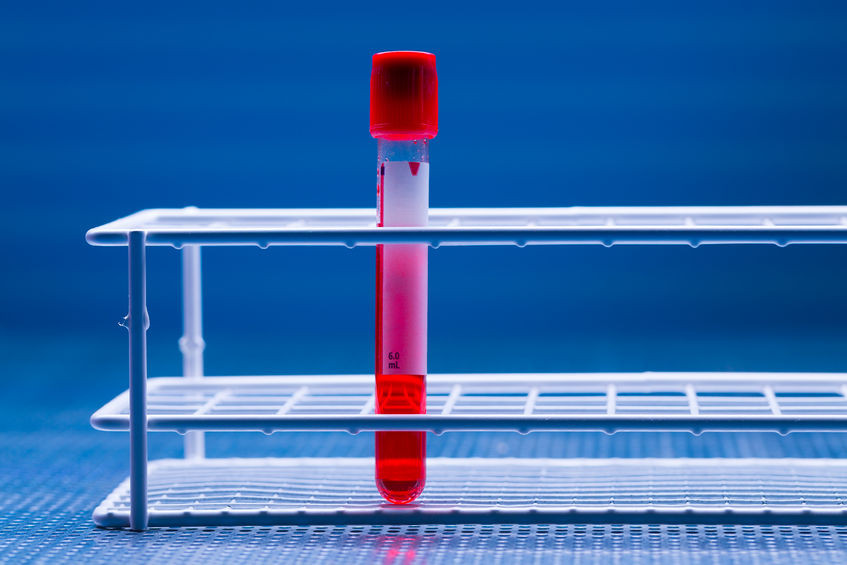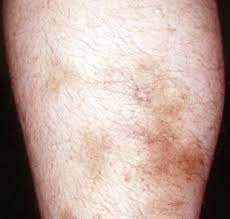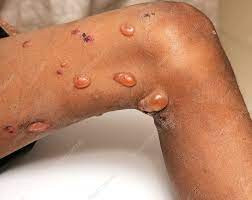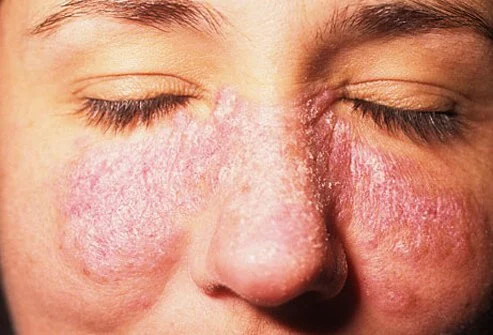Definition
Thyroid peroxidase (TPO) is an enzyme produced by the thyroid gland, a butterfly-shaped gland located at the front of the neck. This enzyme plays a critical role in the synthesis of thyroid hormones, triiodothyronine (T3) and thyroxine (T4), which regulate various bodily functions, including metabolism, heart rate, and body temperature. These hormones also support growth, development, and the maturation of the brain and nervous system.
The TPO antibody test detects antibodies against the thyroid peroxidase enzyme. It is highly sensitive for identifying autoimmune thyroid conditions, such as Hashimoto's thyroiditis, idiopathic myxedema, and Graves' disease. Elevated TPO antibodies are a sign of immune system dysfunction affecting the thyroid gland.
Indications
The TPO antibody test is primarily used to aid in diagnosing Hashimoto's disease, which may present with symptoms such as:
- Fatigue
- Irregular menstrual cycles
- Dry skin
- Brittle nails
- Constipation
- Muscle pain
- Depression
Doctors often recommend additional tests alongside the TPO antibody test, including tests for thyroglobulin antibodies, TSH levels, and free T3 and T4 hormones, for a more comprehensive evaluation.
Contraindications
TPO antibody testing is a safe procedure with minimal risks. There are no specific contraindications to this test. If you've had previous blood tests, this process will be familiar as it involves the same sample collection procedure.
Preparation before the Test
The TPO antibody test is often conducted alongside other thyroid-related tests. To ensure accurate results, your doctor may advise you to stop taking certain medications that influence thyroid hormone levels, such as thyroid replacement therapies, steroids, or specific heart medications.
You may also be instructed to avoid eating or drinking for several hours or overnight before your blood sample is collected. Always follow your doctor’s specific guidance regarding preparation for the test.
Test Procedure
The TPO antibody test requires a blood sample. Laboratory personnel will clean the area on your arm with sterile alcohol and use a sterile syringe to draw a small blood sample from a vein. In infants, blood samples are usually taken from the heel. Once collected, the blood is placed into a specialized blood tube and analyzed using laboratory equipment.
The risks associated with this test are minimal. Some individuals may experience mild discomfort, dizziness, or slight bruising when blood is drawn, but these effects typically subside quickly. The procedure is straightforward, usually lasting about 10 minutes, and is both painless and efficient.
Normal And Abnormal Values
The value of the TPO antibody levels less than 9 IU/mL are considered normal, indicating that the thyroid gland's condition is balanced and healthy. While the : Levels above 9 IU/mL suggest the presence of TPO antibodies, which may indicate autoimmune thyroid disorders, such as Hashimoto's thyroiditis or Graves' disease.
A positive result indicates the presence of TPO antibodies and suggests an autoimmune condition. A negative result indicates the absence of these antibodies and does not point to thyroid-related issues.
Results and Recommendations (Further Testing)
Normal
If your TPO antibody test results show a level below 9 IU/mL, your thyroid gland's health is in good condition, and there is no need for concern. Maintain your well-being by eating nutritious food, staying physically active, and scheduling routine health check-ups.
Abnormal
If your TPO antibody test results exceed 9 IU/mL, this may indicate an autoimmune thyroid condition, such as Hashimoto's thyroiditis or Graves' disease. Consult with your doctor for further evaluation and a tailored treatment plan.
Factors that may contribute to elevated TPO antibody levels include infections, high iodine levels, pregnancy, or a family history of thyroid disorders. Research also suggests that women are more likely to develop elevated TPO antibody levels than men.
Consult the Right Doctor
For abnormal test results, consult a general practitioner to discuss your diagnosis and treatment options. A positive or abnormal result could stem from various factors, and a detailed discussion with your doctor is crucial for accurate interpretation and management.
If necessary, you may also consult an internist for more specialized care. For pediatric patients, a pediatrician can offer a comprehensive evaluation and treatment plan. Additional tests, such as thyroid function tests or an evaluation of symptoms and medical history, may be recommended to provide a clearer diagnosis.
Interested in learning more about laboratory, radiology, and other test results? Click here!
- dr. Monica Salim
What are Antithroid Antibodies. (2022). Retrived 19 April 2023, from https://www.webmd.com/women/women-thyroid-antibodies
What is a Thyroid Peroxidase Antibody Test. (2022). Retrieved 19 April 2023, from https://www.verywellhealth.com/thyroid-peroxidase-antibody-test-4589600
Thryroid Peroxidase Antibody Test : What is it?. (2022). Retrieved 19 April 2023, from https://www.mayoclinic.org/thyroid-disease/expert-answers/faq-20058114
Antibodies that Contribute to Throid Disease. (2022). Retrieved 19 April 2023, from https://www.verywellhealth.com/thyroid-antibodies-3231533











